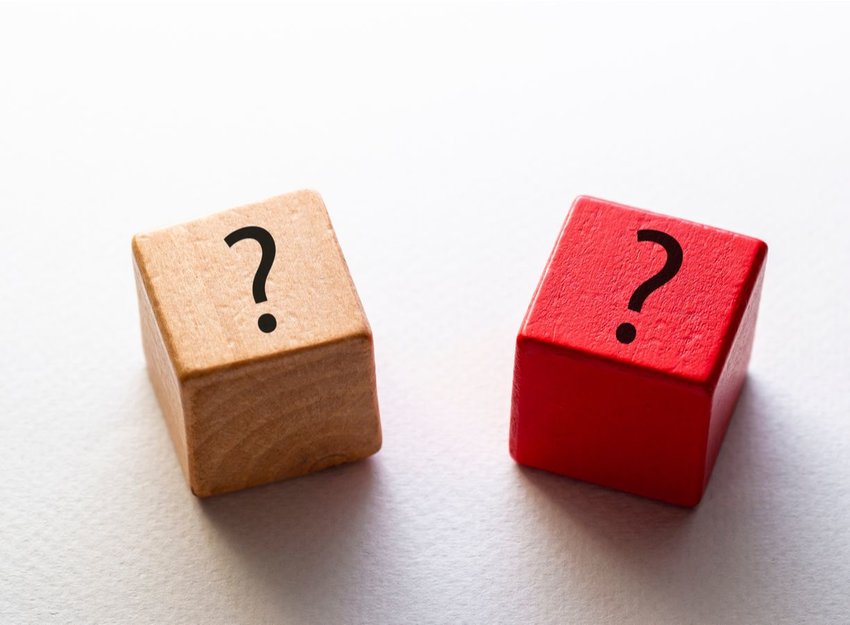Many of us grew up learning rigid grammar rules, and chief among them was the double negative. If you slipped up with a double negative at the dinner table, you might hear your parent making a joke like, “Oh, you actually do want more broccoli?”
We’re here to tell you that there are times when it’s OK to use a double negative.
When Two Negatives Make a Positive
Sometimes double negatives function as a linguistic understatement. For example, if someone asks your opinion on a movie or an event, you might not want to say you hated it, but you didn’t quite like it either. You’re somewhere in the middle, and you want to express your subtle dissatisfaction.
You might soften your opinion by saying, “I didn’t not like it.” Yes, you’re using the accursed double negative, but the meaning you’re trying to convey doesn’t contradict the rules of standard English.
You wouldn’t say, “I liked it,” because the whole point is to say you didn’t quite like it, but it wasn’t bad enough to actively dislike it either. The double negative represents an in between — the barest approval but still avoiding a concrete opinion.
When Prefixes Create a Double Negative
Prefixes can create double negatives to express a similar middling tone. Think about a scenario in which you ask someone for a favor and they say, “Is it important?” You could reply with, “It’s not unimportant.”
Using a prefix, as opposed to two "nots," implies the same thing — that gray area where you’re not committing to anything. The connotation here is much like that of not liking or disliking a movie. You convey that you may not need this person’s help urgently, but going without it would certainly make your task more difficult.
When Two Wrongs Make a Right
After all your grammar school lessons about how double negatives are wrong, we have to ask: "Are they, really?" As more speakers and writers come to use and accept various forms of English, we have to recognize that some of these dialects have different rules.
African American Vernacular English (AAVE) uses double negatives, and Japorsche Pettaway writes in “Black Body, Black Mind,” “double negatives are a key feature of AAVE.” They’re not only accepted, but they’re written into the rules.
Language evolves constantly. We add new words to the dictionary and create new grammatical rules every year. At this point, is breaking certain grammar rules wrong, or is it a natural evolution of the English language?

